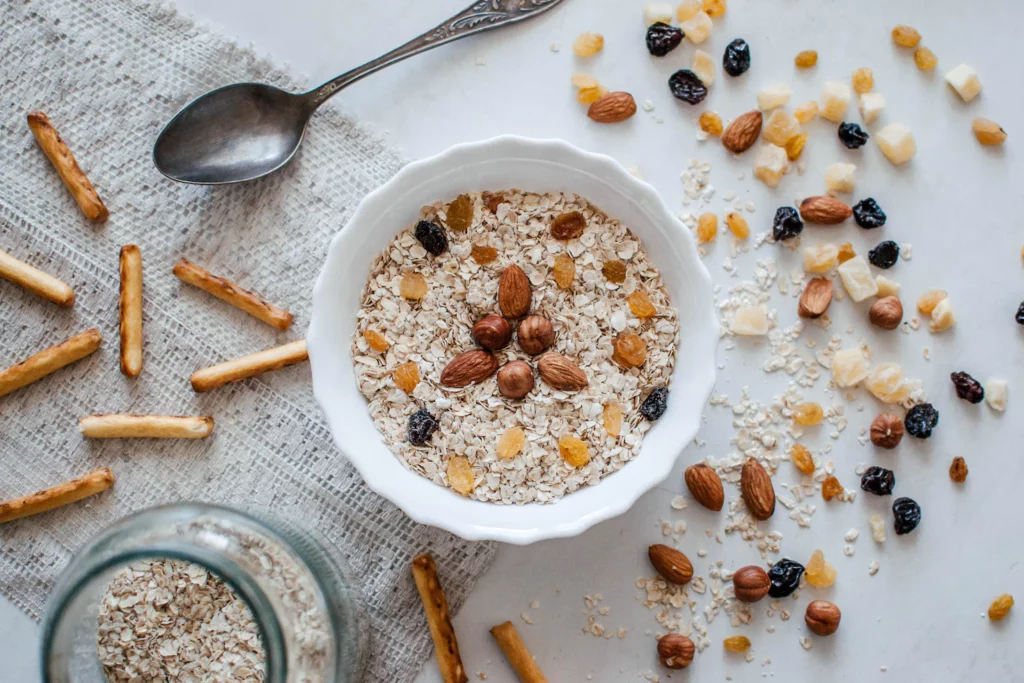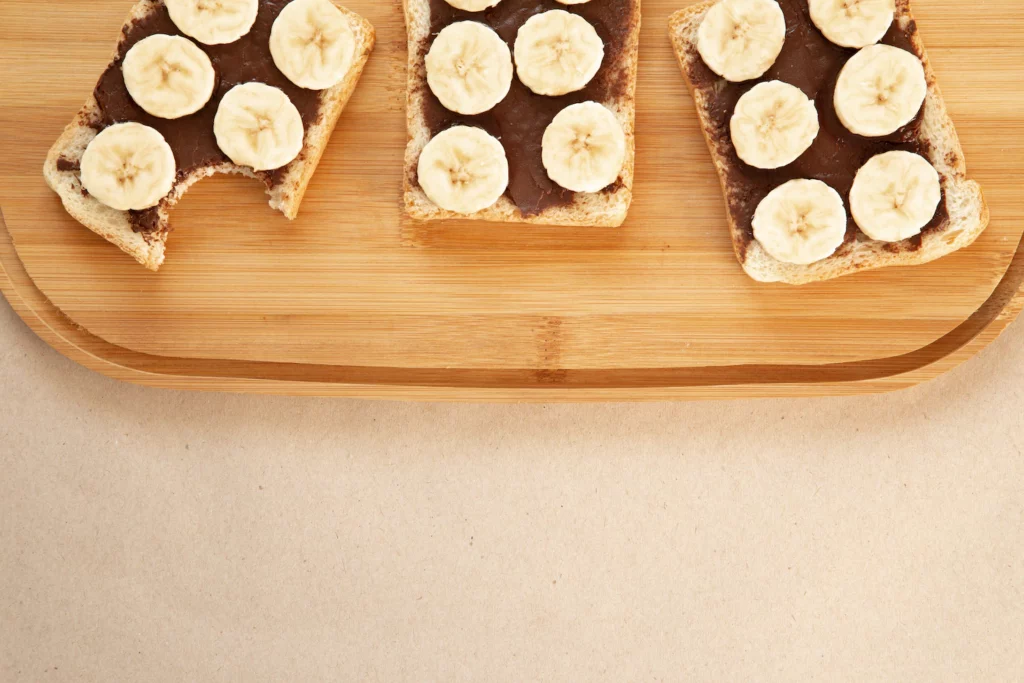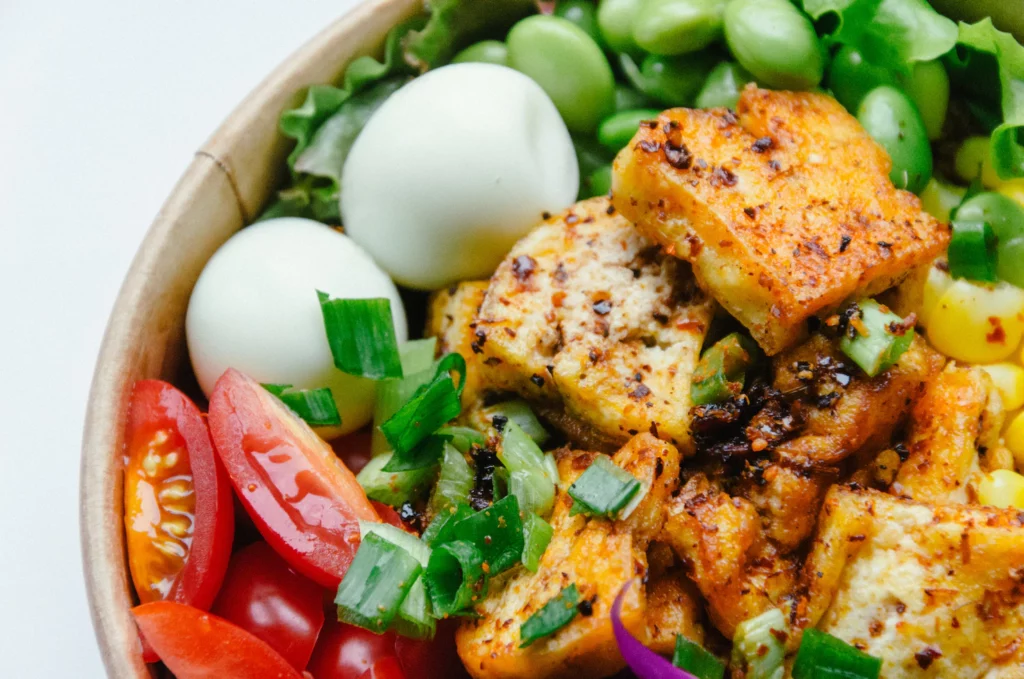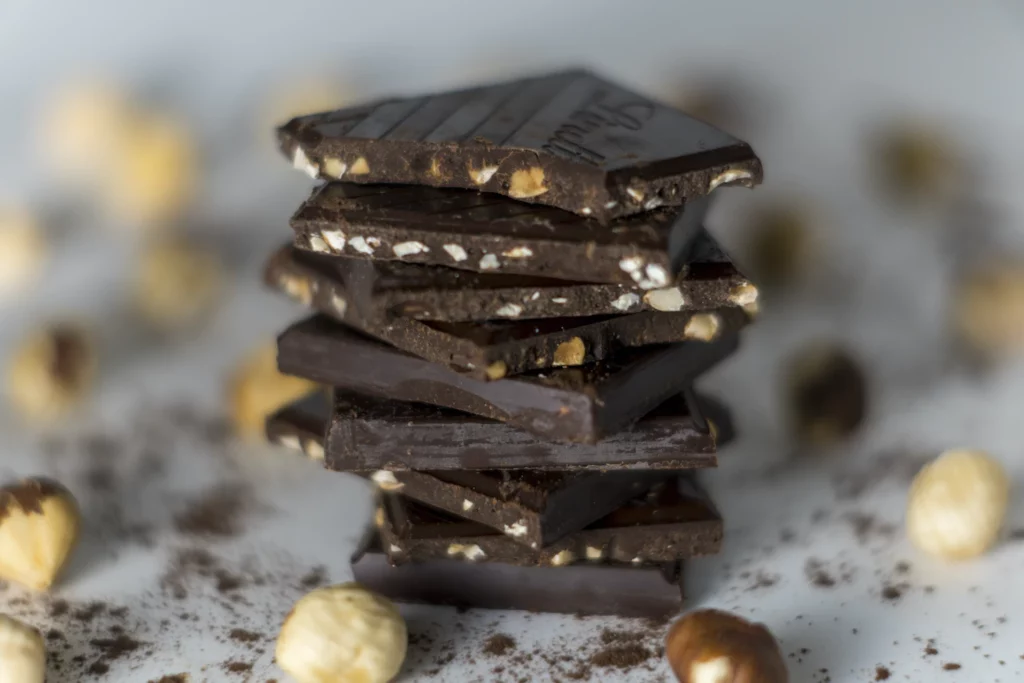“Healthy eating is a way of life, so it’s important to establish routines that are simple, realistically, and ultimately livable.” – Horace

During exams, what students eat can impact how well they do, how focused they are, and how they feel overall. From the moment they wake up until they go to bed, every meal or snack is an opportunity to improve cognitive abilities and maintain proper energy levels.
This article delves into making smart food choices. It examines healthy options for breakfast, lunch, dinner, and various snack times. If parents include these healthy eating ideas in their children’s daily routine, they can help their kids get ready for exams and do well in school.
Breakfast: Starting the Day Right for Better Focus

The well-known saying, “Breakfast is the most important meal of the day,” rings true and holds significant value, particularly when getting ready for exams. As children prepare for long study hours and difficult tests, starting their day with a healthy breakfast gives them the groundwork for improved focus and brain performance.
Breakfast plays a critical function in refuelling the body’s energy stores after a night of fasting. Without a proper breakfast, children may begin their day with low energy levels, making it difficult to focus on and absorb knowledge.
Breakfast ideas:
- Oatmeal: A bowl of oatmeal topped with berries, nuts, and a little drizzle of honey: your children are getting a mix of good stuff like fibre, antioxidants, vitamins and minerals.
- Eggs and Whole-Grain Toast: Combining scrambled or boiled eggs with whole-grain toast will provide your children with high-quality protein and energy that will last.
- Fruit Smoothies: Blending bananas, berries, and even spinach with yoghurt or milk is a nutritious drink that’s easy on the stomach.
- Peanut Butter and Banana Sandwich: For an easy, tasty, and quick meal, all you need to do is slather peanut butter onto whole-grain bread and layer on slices of banana. Both bananas and peanut butter contain nutrients that support bone health.
Avoiding breakfast mistakes:
- Sugary Cereals: Sugary cereals that are highly processed might produce energy dumps and affect focus. Choose whole-grain products with lower sugar content.
- Overloading on Caffeine: Relying only on coffee without enough healthy food might result in headaches and energy crashes.
- Skipping Breakfast: Skipping breakfast may result in poor concentration, irritation, and overeating later in the day which may lead to energy slumps.
Lunch: Brain-Fueling Midday Meals to Enhance Exam Performance

During the intense focus of exam preparation, nourishing your body with the right lunch can make a significant difference in your cognitive performance. When it comes to lunch during exam periods, prioritise whole, nutrient-dense foods that provide sustained energy and support cognitive function.
Lunch ideas:
- Salmon and Quinoa Salad: A composition of grilled salmon, quinoa, mixed greens, cherry tomatoes, cucumbers, and slices of avocado, drizzled with olive oil and lemon juice. This meal contains a variety of nutrients such as omega-3 fatty acids, protein, complex carbs and healthy fats.
- BBQ Chicken Sweet Potato Bowl: This dish brings together both protein and dietary fibre. It combines the roasted sweetness of potatoes with the savoury flavours of BBQ chicken, black beans, corn, and a light sprinkle of cheese.
- Veggie and Tofu Stir-Fry: A tasty stir-fry made with tofu or tempeh and a variety of veggies such as bok choy, snow peas, carrots, and mushrooms. This combination is frequently served over brown rice.
Avoiding lunch mistakes:
- Heavy, Greasy Foods: It is best to avoid foods high in saturated fats or those that have been deep-fried. Consuming such foods may cause symptoms of sluggishness and a decrease in cognitive function.
- Overeating: While portion sizes are important, preventing the habit of overeating is equally important. Consuming too much can cause feelings of tiredness and reduce the ability to focus.
Snack: Nourishing the Mind Between Study Sessions

Strategic snacking plays a role in boosting brain efficiency during exam preparation. You can choose snacks with healthy ingredients for your kids.
Snack ideas:
- Fresh Fruit: Apples, bananas, and berries are packed with natural sugars and vitamins for an instant energy boost.
- Vegetable Sticks with Hummus: Crunchy veggies paired with hummus supply fibre, vitamins, and a touch of protein.
- Dark Chocolate with Nuts: A small serving of dark chocolate alongside nuts offers a dose of antioxidants and healthy fats.
Avoiding snack mistakes:
- Salty Snacks: Be cautious with packaged snacks which are high in salt. Too much of these can lead to feeling bloated and may not be the best for your health.
- Mindless Munching: Snacking while distracted can lead to overeating. Take breaks and focus on enjoying your snack mindfully.
Dinner: Evening Meals and Getting Rest for Better Brain Performance

Choosing a well-rounded dinner that corresponds to children’s exam plans can make a difference. It helps to set the tone for productive and focused study time in the evenings. It’s best to choose foods that are high in nutrients and provide a consistent flow of energy without making them feel bloated. When children make suitable dinner choices, they are creating the opportunity for highly effective study sessions, and as a result, they will wake up feeling refreshed and prepared to tackle their exams.
Dinner ideas:
- Quinoa Stuffed Bell Peppers: Take bell peppers, scoop out the insides, and stuff them with cooked quinoa, lean ground beef or turkey, black beans, corn, and a sprinkle of cheese. The mixture is then cooked to a warm golden. This dish contains protein, fibre, and nutrients.
- Chicken and Avocado Salad Wrap: Grilled chicken, avocado slices, mixed greens, shredded carrots, and a light vinaigrette wrapped in a whole-grain wrap. This meal is rich in protein, healthy fats, and vitamins.
- Tuna and Whole-Grain Pasta: Mix whole-grain pasta with canned tuna, cherry tomatoes, cucumbers, olives, and a simple olive oil and lemon dressing. This taste combination offers protein, complex carbs, and healthy fats.
Avoiding dinner mistakes:
- High-Sugar Desserts: Sugary treats should be avoided because they might induce energy spikes and crashes, impairing the ability to focus or get a good night’s sleep.
- Spicy Foods: While some people tolerate spicy foods, others may experience discomfort or stomach issues on the morning of an exam.
- Caffeine: Avoid consuming caffeinated drinks close to bedtime because they can disrupt sleep.
Healthy eating habits are important for children since they affect not only their school activities but also the things they do outside. It’s also important to remember to stay hydrated. The link between hydration and brain function is complex and substantial, showing how optimal hydration influences cognitive performance and memory abilities. Dehydration, on the other hand, can cause difficulty with focus, lower cognitive processing speed, and weakened short-term memory.

Leave a Reply